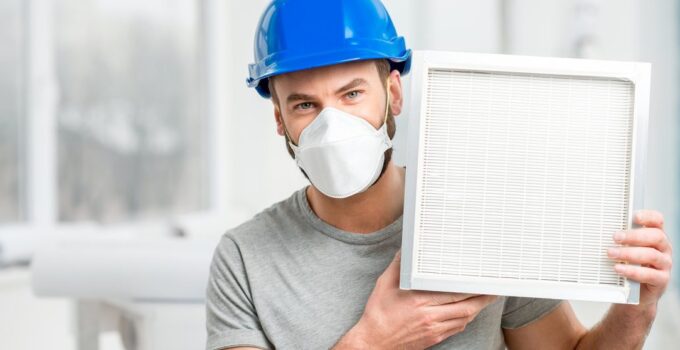When you are looking to purchase custom air filters, there are several things that you need to take into consideration before making your purchase. Custom air filters should be purchased when you have a specific type in mind and want to make sure it is designed specifically for your needs. Many companies offer custom air filters as an option so that customers can precisely order what they want instead of purchasing something off-the-shelf and settling for what is available. It is crucial to remember that these orders take longer than standard orders because they are being made specifically for you and may require some modifications depending on what type of filter it is.
1. Air Filter Size and Frame
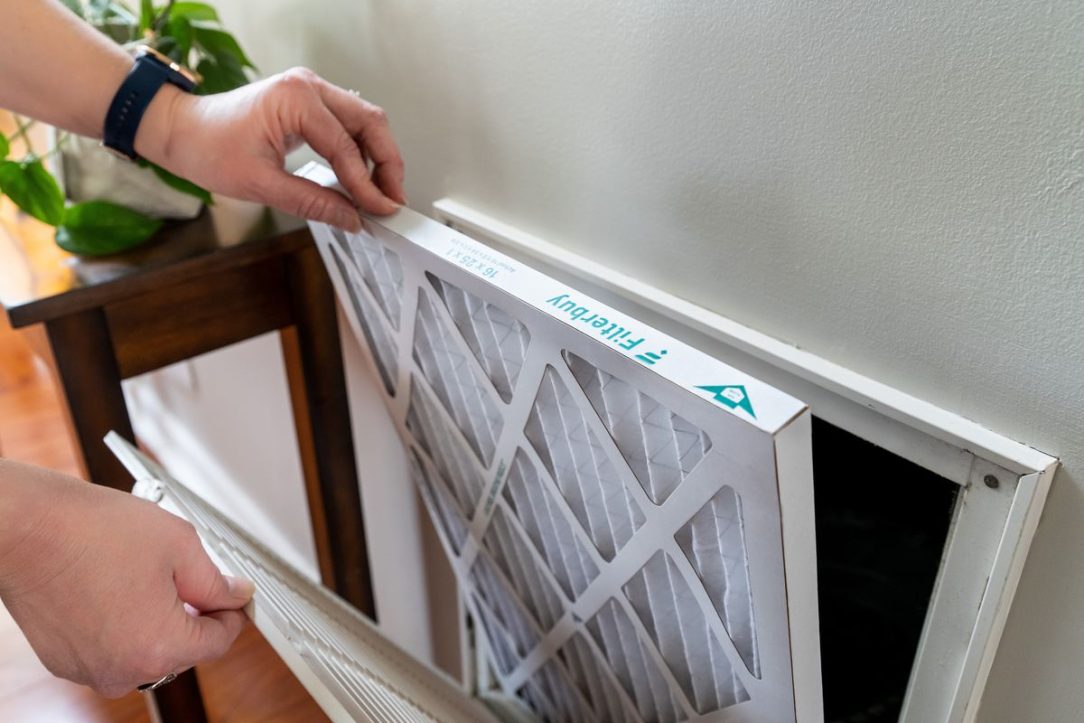
Source: thisoldhouse.com
In certain instances, a custom air filter must fit a specific area. Most air filters are for standard-sized HVAC systems, but there may be times when you need a larger filter or one that will fit in an unconventional space. In these cases, look for companies that offer frames and filters. You need to determine the precise size of your unit and ductwork to order an AC or furnace air filter frame that will work with your setup.
For example, if your system has 12 inches of clearance between its return air grille and ceiling, you should order a frame with 10-inch sides (to allow for extra room around all sides). The same principle applies to filters; if your system has 14x20x1 pleated filters installed now, order 14x20x1 pleated filters from your new supplier. It would help if you had exact length, width, and depth measurements of your custom furnace filters to ensure that your replacement filter will fit properly. If you have any questions about sizing, consult with an expert in custom air filters such as filterking.com.
2. Minimum Efficiency Reporting Value (MERV)
An air filter’s Minimum Efficiency Reporting Value (MERV) indicates how much pollution it can remove from your home’s air. The higher a filter’s MERV, the more impurities it can trap. MERV rating refers to its ability to capture dust particles that are 2 microns or larger. A high-quality filter has a MERV rating of 13 or higher and can remove at least 99.97% of airborne pollutants as small as 0.3 microns in diameter, including pollen, pet dander, and dust mite debris.
However, if you live in a clean environment and you do not have respiratory issues, then a filter with a lower MERV such as eight may be sufficient for your needs. If you have allergies or asthma, it’s worth paying extra for a high-efficiency model that removes even smaller particles like pet dander and mold spores. A good rule of thumb is that if you notice your allergies are acting up or you feel short of breath after spending time in your house, there may be too many pollutants in your indoor air.
3. Filter Construction Material
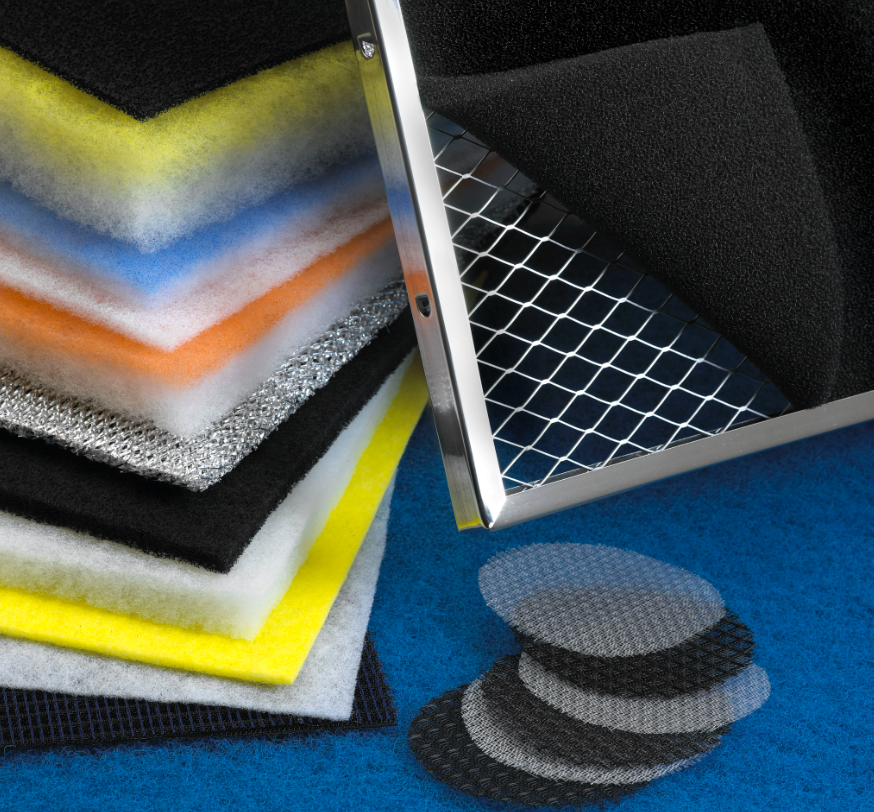
Source: permatron.com
There are four common materials used for air filter construction. Paper, cotton, aluminum, and polyester/cellulose blends. The material you choose for your custom filter should depend on your environment. For example, if you work in a highly humid climate or have kids and pets running around, it might be best to use an aluminum or polyester blend filter.
If high dust levels are present in your environment, a paper or cotton filter might be better. In terms of price, paper filters tend to be cheaper than other options, while cellulose is typically more expensive. However, as far as longevity goes, cellulose generally lasts longer than other options due to its ability to capture smaller particles and overall strength.
4. Prices and Number of Filters
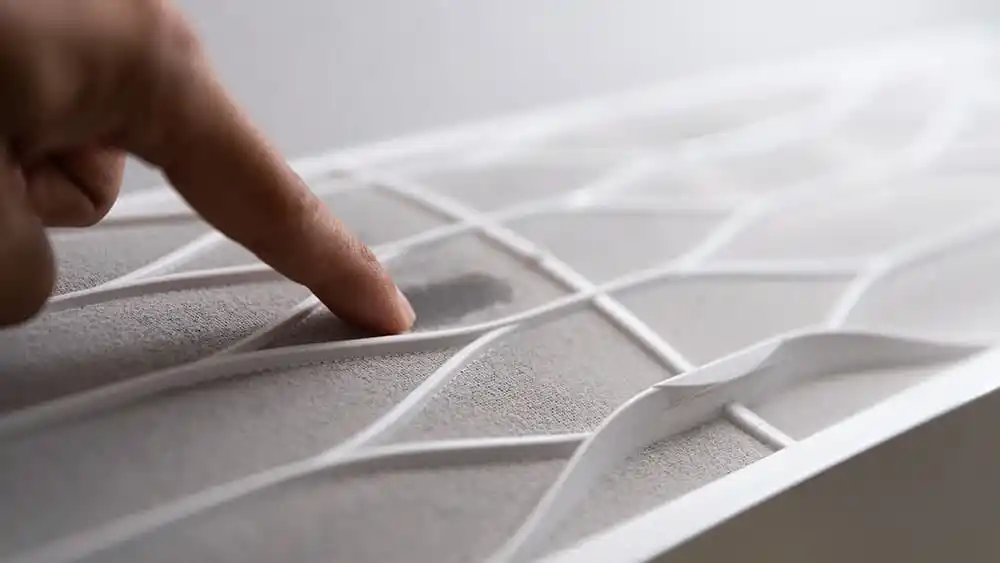
Source: cielowigle.com
An essential factor to consider when ordering custom air filters is price. Ensure that you get a price quote that includes your service and product options. If you don’t get an estimate, contact at least three air filter companies in your area and ask them for their prices on custom air filters. The cheapest option isn’t always a deal, but finding a reasonable rate on high-quality products can help you maximize your budget.
Also, make sure that you get a cost breakdown from each company to know how much each order component will cost. You might also want to look into bulk pricing if you plan on buying more than one set of custom air filters over time. However, it’s crucial to note that custom air filters cost more than standard ones. On average, custom filters may cost about twice as much as standard ones and may take time to ship.
5. Age of Your Furnace
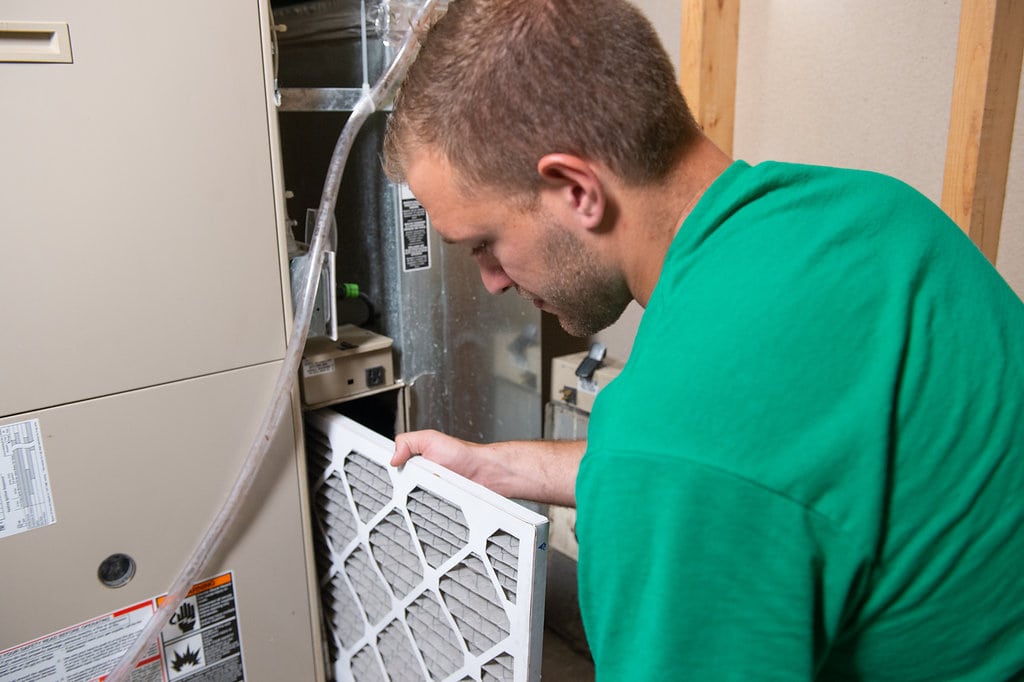
Source: filterbuy.com
There are a few critical differences in designs between older and newer furnaces, and it’s crucial to know what they are before placing your order. Older furnaces tend to use pleated filters (also known as accordion or panel filters), which aren’t ideal for air filters; if you’re ordering custom air filters for an older furnace, be sure to find out if your new filter will work with it.
Conclusion
Air filters are one of those products that ensure your AC and furnace will be running at peak performance. However, when it comes time to replace them, it can be challenging to know which features or type is best for your home. While some air filter companies offer custom air filters, not all do. If you’re looking for a custom filter, the above factors should guide you to make an informed purchase. You’ll want custom furnace filters with a higher MERV rating if you have allergies or sensitivity. Contact a reliable company offering custom furnace filters to help you improve indoor air quality by removing pollutants like radon gas from your HVAC system.

